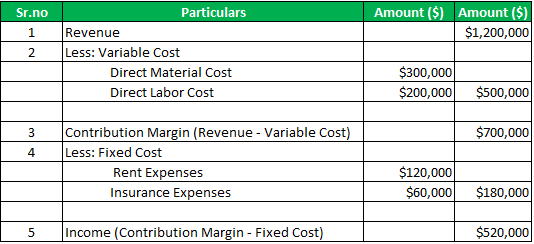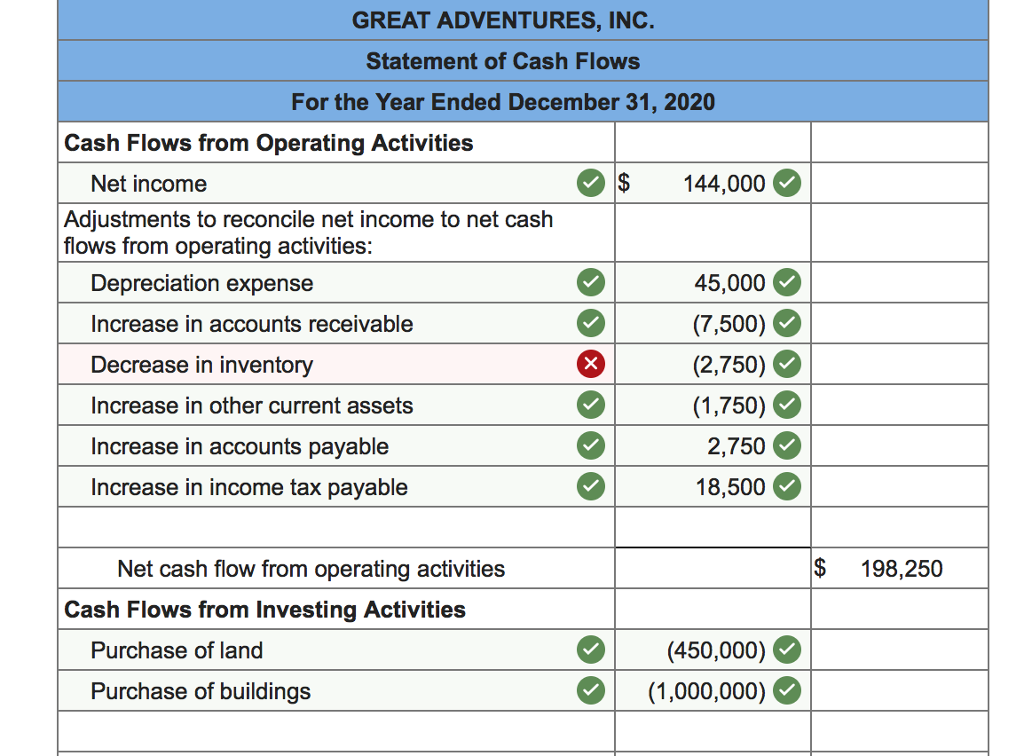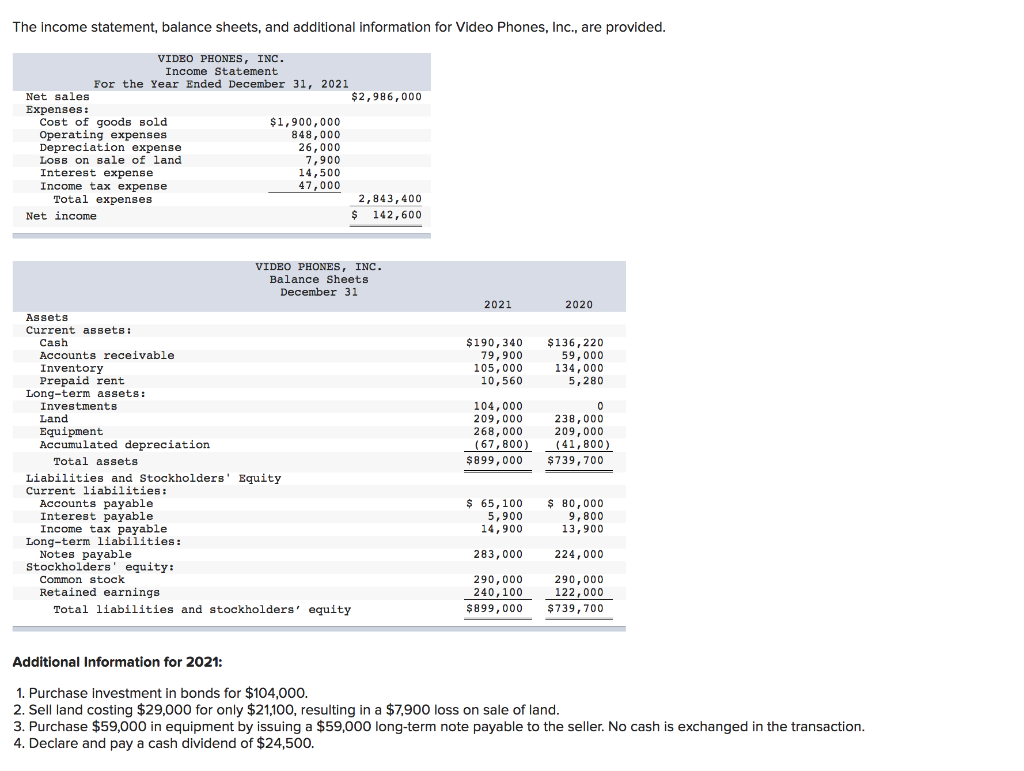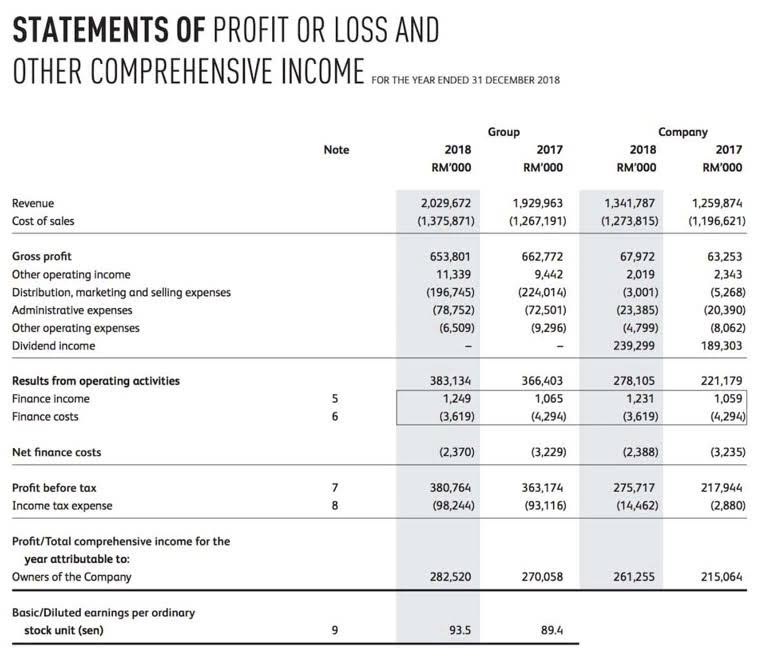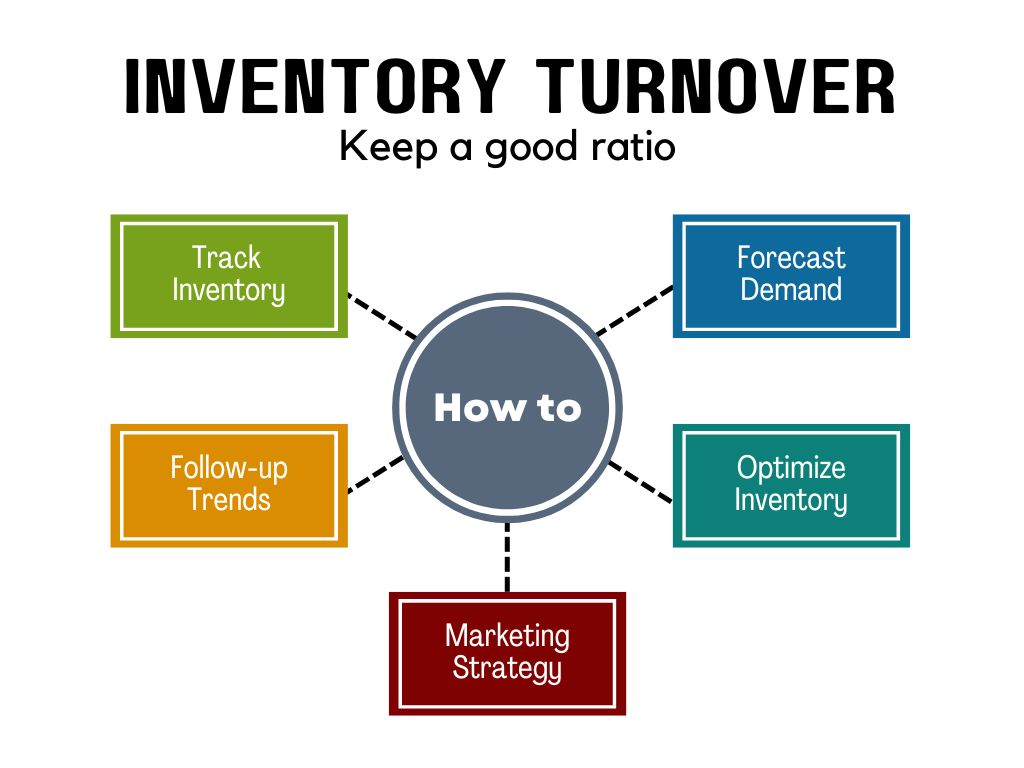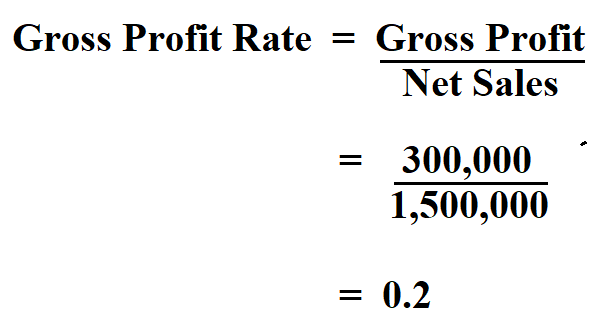For those looking to streamline their operations further, explore our post on the best construction apps to enhance your efficiency. Standout features include the ability to organize, store, and retrieve a wide range of construction-related paperwork. Its APFlow feature allows supervisors and managers to review, approve, and process these documents digitally—in the field or from the https://azbigmedia.com/real-estate/commercial-real-estate/construction/how-to-leverage-construction-bookkeeping-to-streamline-financial-control/ office. Plus you can capture, upload, and import any type of document from a mobile device.
Best Software for Construction Bookkeeping
Therefore, the payroll needs to adapt to the changing site conditions and other requirements on the go. To help you assess the major advantages and disadvantages of each billing method, here’s a quick visual summary. With these important considerations out of the way, let’s look at how it all seeps into construction billing. Another way of thinking about this method is — everything gets onto the income statement at one single point. On this difficult path, construction accountants need all the help they can get. If you didn’t receive an email don’t forgot to check your spam folder, otherwise contact support.
The Best Accounting Software Services for Contractors in 2024
Thanks to a tightly-knit project timeline, milestone payments help companies stay financially afloat. With a job cost report, however, you can see these changes coming and react appropriately on time. Similarly, construction companies have to be careful not to overpay unemployment How to leverage construction bookkeeping to streamline financial control tax. For an employee working in multiple states, unemployment is often owed only to one state per employee. Yet, some states have a reciprocity relationship (such as the case of Virginia). This means that the worker’s state of residence can issue credit for taxes paid on income that’s earned in a different state.
Billing method #1: Fixed-price billing
- Equipment costs include renting or purchasing machinery, vehicles, or other specialized tools needed during the project.
- A construction management software will have more of a focus on non-accounting features such as estimating, scheduling, and project management.
- Construction accounting is a vital discipline that extends beyond the traditional bounds of financial management.
- It offers basic accounting capabilities as well as more advanced features like real-time posting, streamlined bank reconciliation, and flexible journal entries.
- The future of any construction company depends on how it keeps track of its spending.
Construction accounting places a lot of focus on accurate job estimating and costing. It uses a cash basis accounting and construction contractors should consult with a tax advisor to get the best tax strategy for their business. Finally, you want to find a solution that you can customize if you have special reporting or processing needs. This may be relevant for larger companies that have multiple projects that they manage simultaneously and need to create comprehensive reports and cash flow data for stakeholders. While in the preconstruction phase of a project, you can perform prequalification of clients, do bid management and create comprehensive estimating. When in the project management segment, you can incorporate quality and safety standards, have design coordination and oversee the entire project.
If your construction business is growing quickly and you’re finding it hard to keep everyone on the same page, then CMiC is the software I recommend. Its collaboration suite keeps all of your project bids, schedules, and summary data in one place so that nothing gets lost. For a company with a lot of employees and subcontractors to keep track of, I recommend Foundation for its extensive payroll and timekeeping features. Most construction companies are only concerned about the bottom line on their financial statements. However, many sometimes overlook the bottom line of their individual projects. Job costing entails a granular breakdown of expenses attached to each project.
QuickBooks Enterprise
From your warehouse to your wallet, ZarMoney streamlines much of your construction firm’s needs. Starting and growing a construction business can be expensive and although you need to spend money to earn money, minimizing costs is key. Zoho Books’ flexible pricing plans, which we found quite feature-rich for their price points, keep your costs low. We like that you can generate quotes or estimates and convert them to invoices no matter which Zoho Books pricing package you choose.


